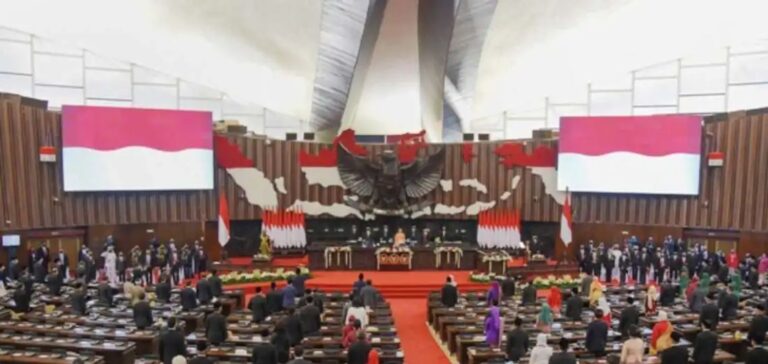Indonesia, Southeast Asia’s largest economy, is positioning itself as a regional leader in the development of small modular nuclear reactors (SMR). Jakarta aims to commission its first SMR as early as 2030, accelerating its initial timeline, which previously targeted deployment by 2032.
A Fast-Tracked Nuclear Program
The National Energy Council of Indonesia has identified 29 potential sites for the construction of these facilities. The objective is to increase the country’s nuclear power generation capacity to between 45 and 54 gigawatts (GW) in the long term, compared to its current dependence on fossil fuels, which accounted for 86% of its energy mix in 2023.
As part of this initiative, ThorCon PT Indonesia, the local subsidiary of the U.S.-based ThorCon, plans to build the first nuclear power plant in Bangka-Belitung province with a capacity of 500 megawatts (MW), expected to be operational by 2032. Meanwhile, state-owned electricity company PT PLN is working with the United States and Japan to develop SMRs with a capacity of less than 300 MW, designed to serve Indonesia’s numerous islands and remote regions.
A Growing Interest in SMR Technology in Southeast Asia
Beyond Indonesia, the Philippines and Thailand are also exploring SMR development, though significant progress has yet to be made. Manila aims to generate 1.2 GW of nuclear power by 2032, having already identified American suppliers for its SMR projects. Meanwhile, Bangkok’s energy development plan includes two SMRs, each with a 300 MW capacity.
The renewed interest in nuclear energy across the region marks a shift from the post-Fukushima era, where concerns over nuclear safety significantly slowed down development. Several countries, including Singapore, have signed bilateral agreements to strengthen cooperation on advanced nuclear technologies, including SMRs.
Regulatory and Financial Challenges
Despite growing interest, SMR adoption faces regulatory hurdles and public opposition. Regulatory approvals for SMRs typically take five to six years, compared to the eight to nine years required for conventional nuclear power plants. Additionally, some countries lack the financial resources to independently fund their nuclear projects and must rely on foreign investment to move forward.
With the rising prominence of renewable energy sources such as solar power, the future of SMRs in Southeast Asia will depend on political decisions and economic trade-offs made by regional governments.





















